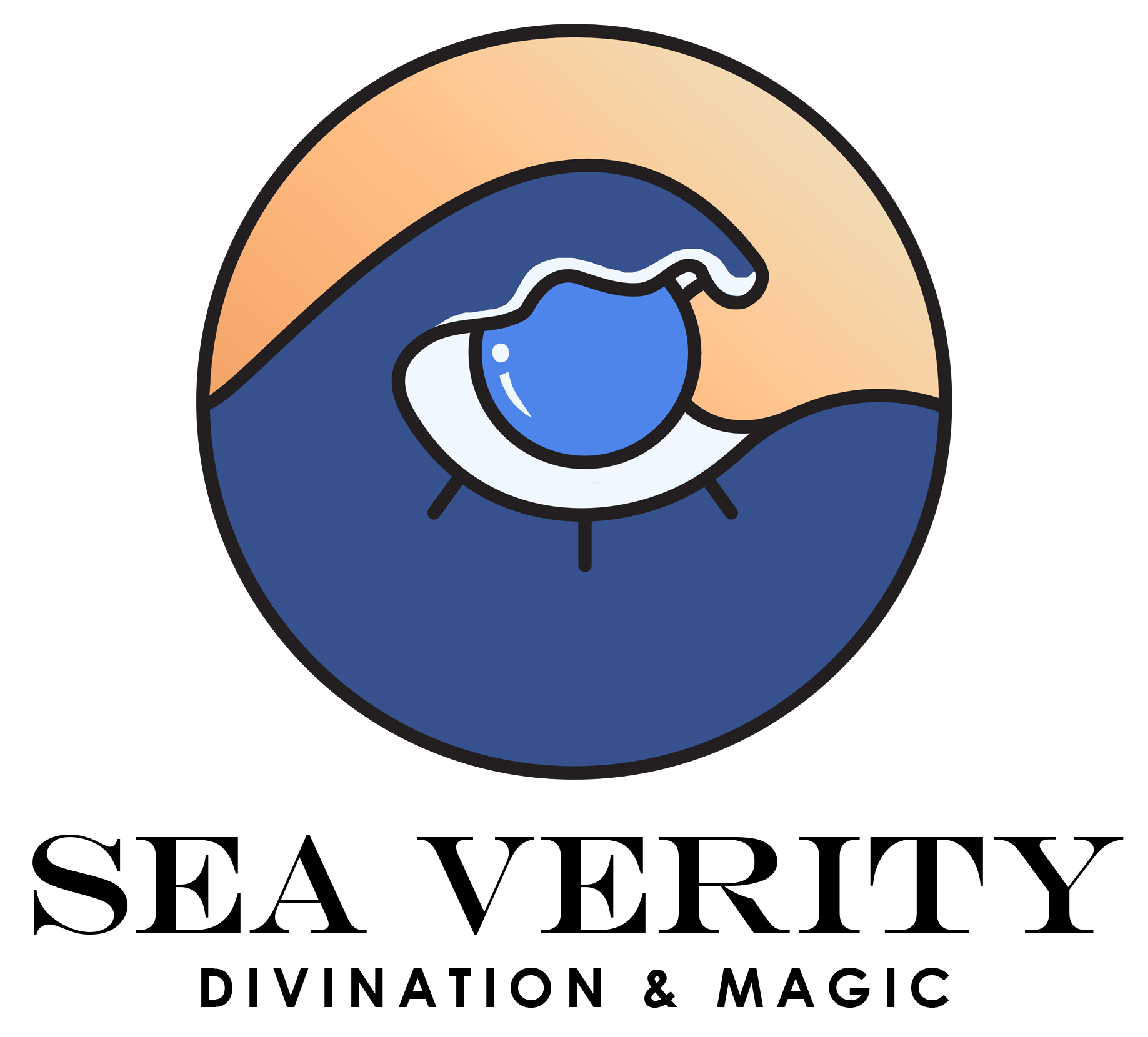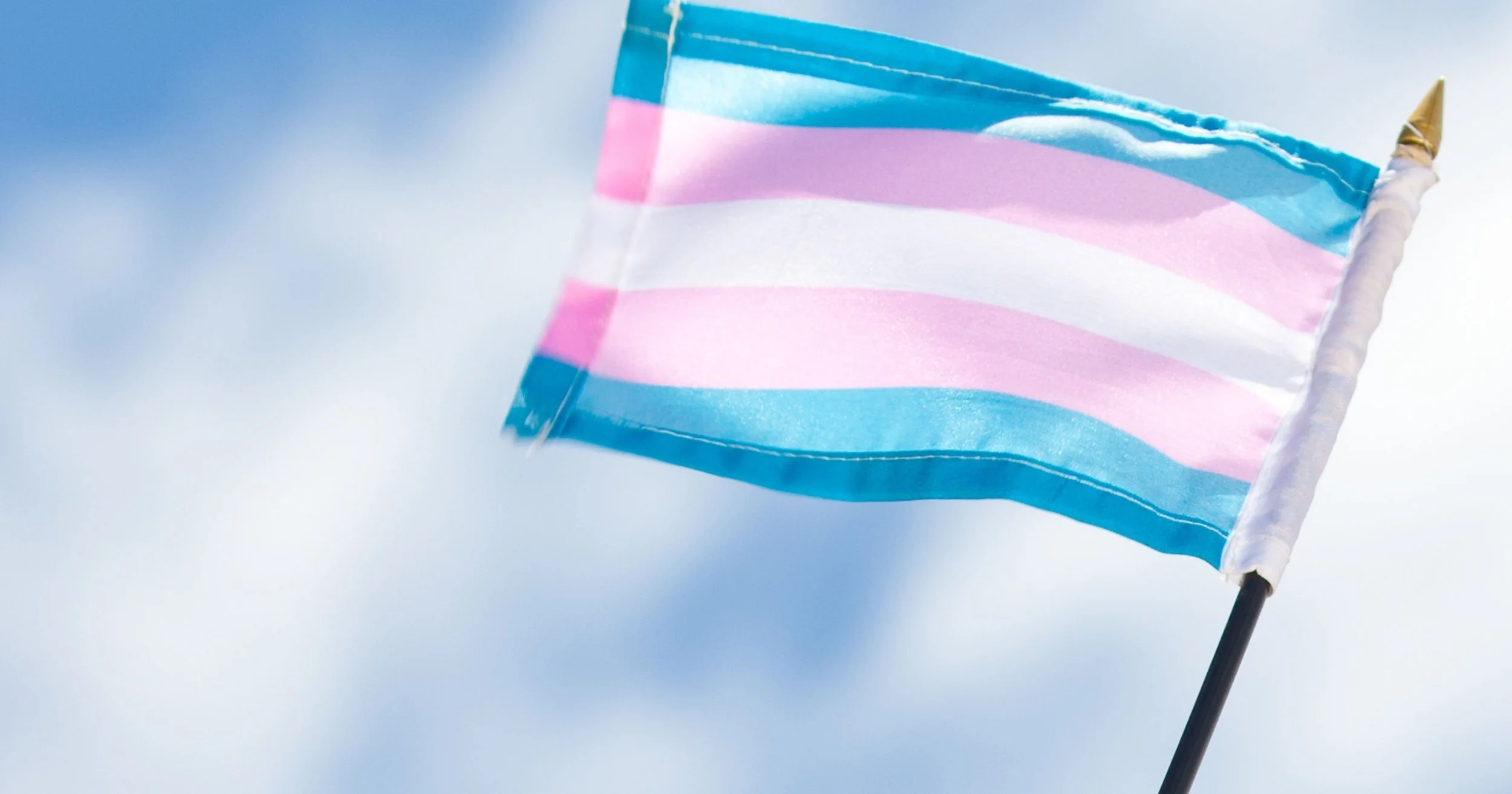International Transgender Day of Visibility - Why Do We Need Visibility?
This time of year, many transgender people are looking forward to March 31st, International Transgender Day of Visibility (or TDOV for short). Created by transgender activist Rachel Crandall in 2009, this annual event is meant to raise awareness about both the issues that transgender people face, and the amazing resilience and diversity of the transgender community.
Transgender Day of Visibility is one of two generally well known transgender "holidays", the other being Transgender Day of Remembrance (TDOR), which occurs annually on November 20th and exists to raise awareness of transphobic violence, and to mourn those who have lost their lives to it. TDOV was created in response to the fact that the only well known trans specific holiday was about death and violence, and it seeks to draw attention to living members of the community.
Our current best estimate is that there are at least 1.4 million transgender people, which is around double our previous estimate from only years before. This number may not even serve as accurate, as 71% of transgender people responding to the National Transgender Discrimination Survey reported they hid their gender identity to protect themselves from discrimination. Volunteering your status as a transgender person puts you at risk, and this is why visibility is so important.
Although visibility for trans people has a direct correlation with transphobic violence, discrimination, and harassment, it also has a correlation with positive change. It is because of the recent visibility of trans people that we are waking up on a social level to transphobia and its consequences. It is due directly to the amazing work of trans activists that trans people have the resources and opportunities they have today.
To make change, trans people must be visible, but to be visible we must be vulnerable to discrimination, harassment, and violence. Sixty-three percent of trans people reported having experienced a major form of discrimination like loss of employment, eviction, denial of medical service, physical or sexual assault, etc. because of the transphobic bias of others.
Among the many issues that transgender people face due to the invisibility of the community, barriers to effective healthcare creates a huge impact. Regarding transgender specific healthcare (including but not limited to hormone treatment and gender affirming surgeries), an astounding 50% of transgender people reported having to educate their healthcare providers. But even outside of transgender specific issues, the medical community's lack of knowledge about transgender people leads to turmoil. Twenty-eight percent of trans people reported postponing medical care due to discrimination.
Most of what people tend to think of regarding the trans community are so called "bathroom bills", which force people to use the gendered bathroom that correlates with their sex assigned at birth. Although it is just the tip of the iceberg regarding trans issues, it gets the most attention publicly, usually as a way to discredit transgender people as predators. But even with the spotlight so clearly focused on bathrooms, we see or hear transgender people speaking about how these bills actually effect the community.
There has never been a single reported case of a transgender person attacking or assaulting a cisgender person in a bathroom. Not one. But these bills stir up intense fear and ignorance, which creates a more violent and fearful experience for trans people. Twenty-four percent of transgender people reported being questioned or challenged about their gender in a bathroom in the past year, and 12% had been verbally harassed in the last year. As a result of the remarkable probability of encountering harassment in public facilities, nearly 60% of transgender people reported avoided using a public restroom in the past year, and 32% reported limiting their consumption to avoid using the restroom in public. Fifty-eight percent of trans people reported negative effects on their health such as dehydration, kidney infections, and UTIs due to their inability to use public restrooms.
All of this considered, visibility isn't just about statistics. Transgender Day of Visibility is also about allowing transgender people an opportunity to share their experiences, and be proud of who they are. Contrary to popular belief, being transgender doesn't inherently denote unhappiness, fear, or misfortune. Transgender people don't all share the same exact experiences or problems.
Speaking from my experience as a transmasculine person (someone transitioning to appear more masculine), visibility as a trans person means a lot to me. Prior to taking testosterone, my identity was consistently invisible. I could count on my hands the times a stranger had perceived me as a boy and used "him" or "sir" in conversation to refer to me, and most of those occurrences were immediately followed up by merciless apologizing once they realized they had made what they thought was a mistake. I never felt anger towards people who didn't know better than to call me what their best judgement told them was "correct", but I felt frustration. It was so hard to watch people so apologetic about accidentally misgendering the person they thought was a cisgender woman, when quite often cisgender people react to the misgendering of people they know are trans with indifference. When a cisgender person was unaware that I was trans, I deserved the respect of being "correctly" referred to with she and miss, but If I had introduced myself as a transgender man, they would likely act differently.
This invisibility wears away at you. Not only the idea that you are not being perceived as who you are, but the unfortunate words this lets you hear. When people do not see you as transgender, they feel quite safe making transphobic remarks. The analogy that comes to mind is like being an undercover spy with no power to correct injustice, headquarters to report to (besides at best, a group of trusty trans friends who can share your frustration).
This experience has followed me deeper into transition in a strangely similar way. I have been passing as male for a while now, and invisibility has just changed its manifestation. Being seen as a cisgender male, I still am privy to transphobic remarks with no power to speak out, lest I out myself and face a whole slew of repercussions. I am very infrequently misgendered now, but my male privilege has thrust me into a whole new and uncomfortable realm. Men are typically quiet about their misogyny to an extent around women, when compared to the horrendous things they feel comfortable disclosing to men. I am often so taken aback by these remarks I am unable to articulate a response, and my fear of being "found out" often wins over my desire to challenge sexism (much to my dismay).
This silence and hiding effects many trans people. Feminine and masculine, binary and nonbinary, young and old, and pre/non transition and transitioning trans people ALL feel this invisibility in some aspect of their lives. This contributes to depression, anxiety, and leaves many of us feeling a lack of control and pride. Visibility, and the day we created for it, reinforce the idea that we deserve a platform to be heard and seen. Our experiences matter.
Bathroom bills and trans celebrities may be the focal point of general social awareness, but TDOV reminds us that visibility doesn't always mean spearheading movements or being an outspoken activist. Sometimes visibility for trans people is just waking up and reminding ourselves that we exist. Visibility can be just talking to a transgender person and feeling like we are being seen as ourselves. Feeling visible can be just acknoledging that social opinion and stereotypes do not define our experiences and our existence.
Every trans person's very existence is an act of visibility. Being honest about our identity, even just with ourselves, is an act of empowerment. For so long, the existence of transgender people and the issues we face has been an unspoken truth, even to those who were trans. As we become more aware culturally of what it means to be transgender, we pave a path towards empowerment for all transgender people.
This Transgender Day of Visibility, share as much information as you can. Keep transgender issues in the spotlight. Challenge those who try to erase our history, and our future. Attend local events. Listen to trans people. Express your support for those fighting for their basic rights. We have come a long way, but there is so much left to change.

